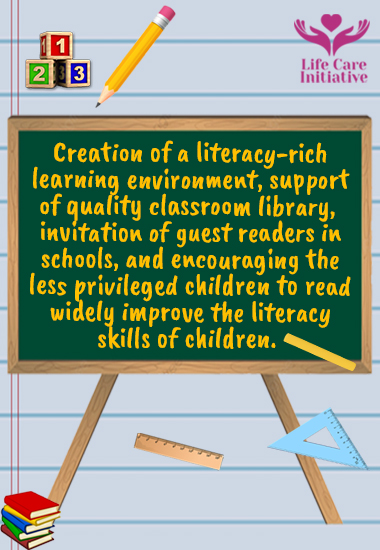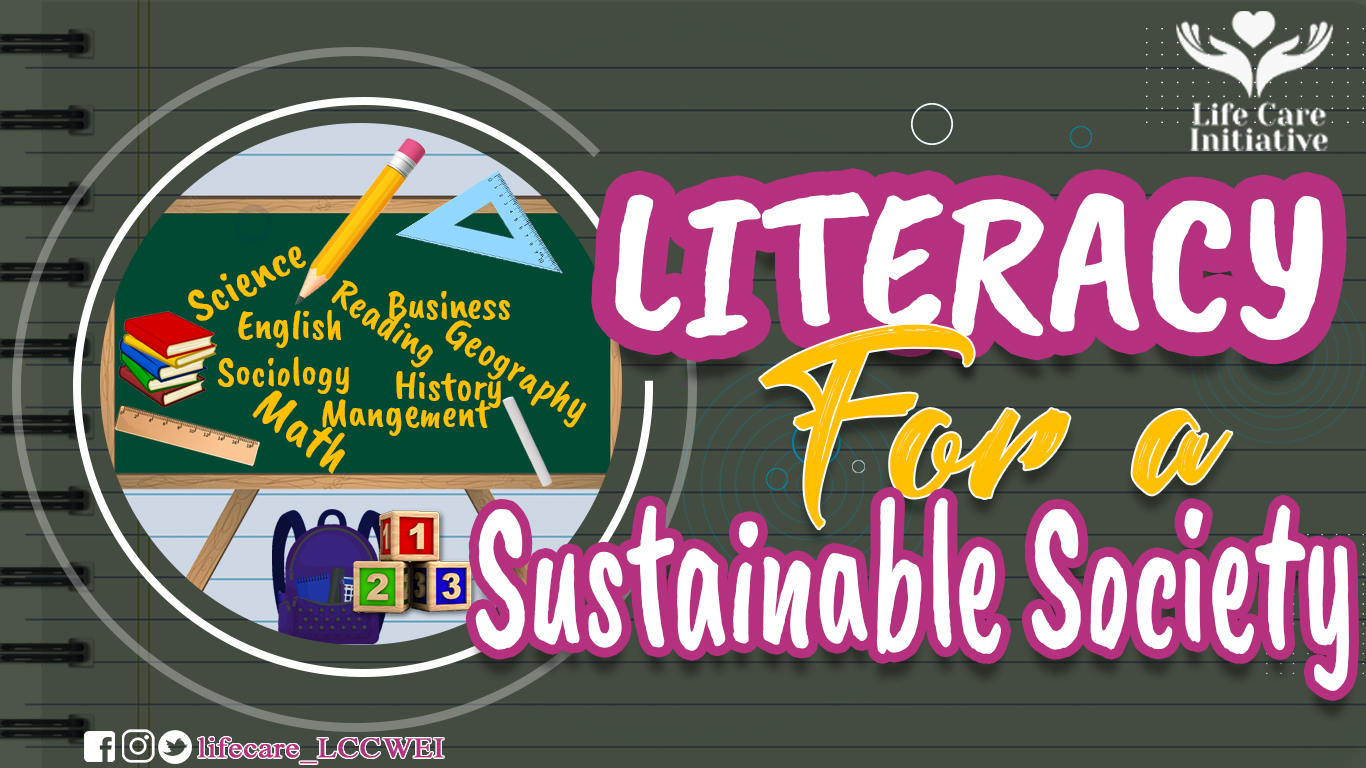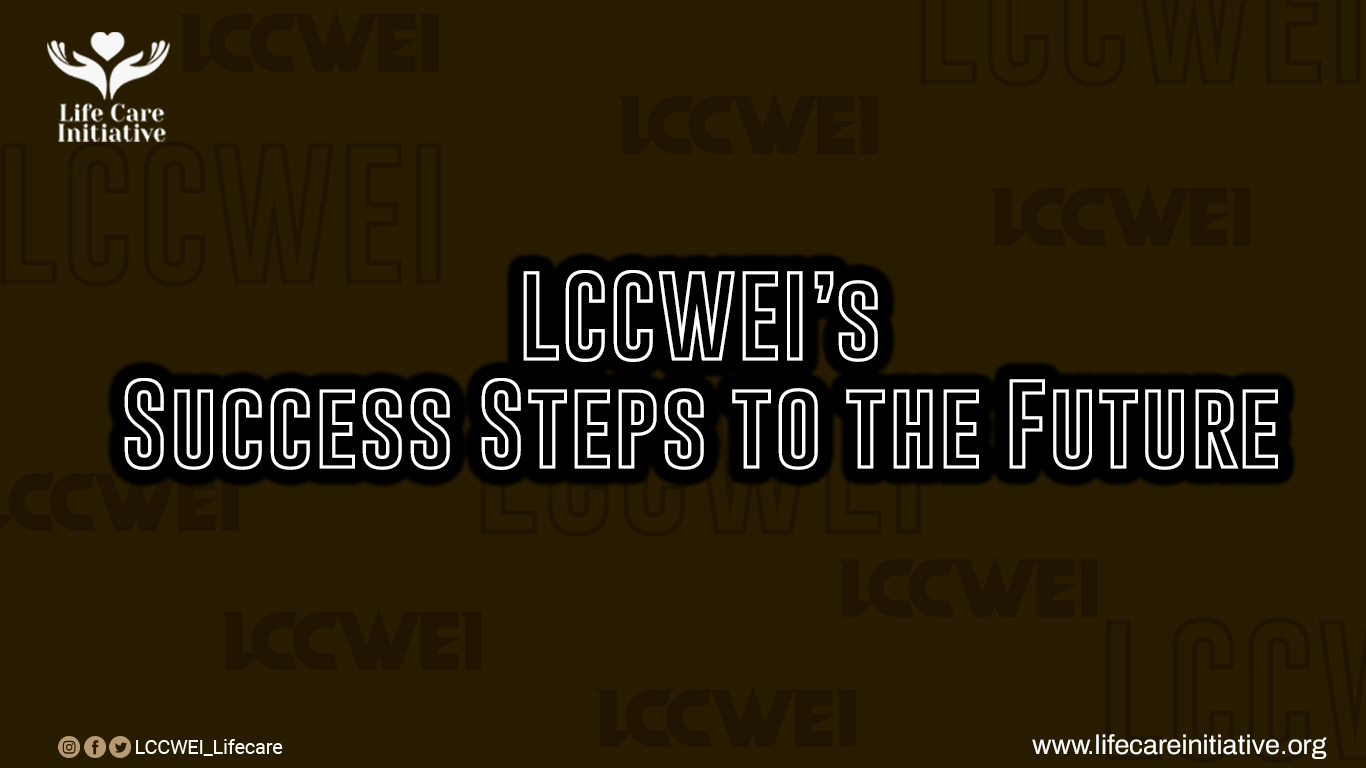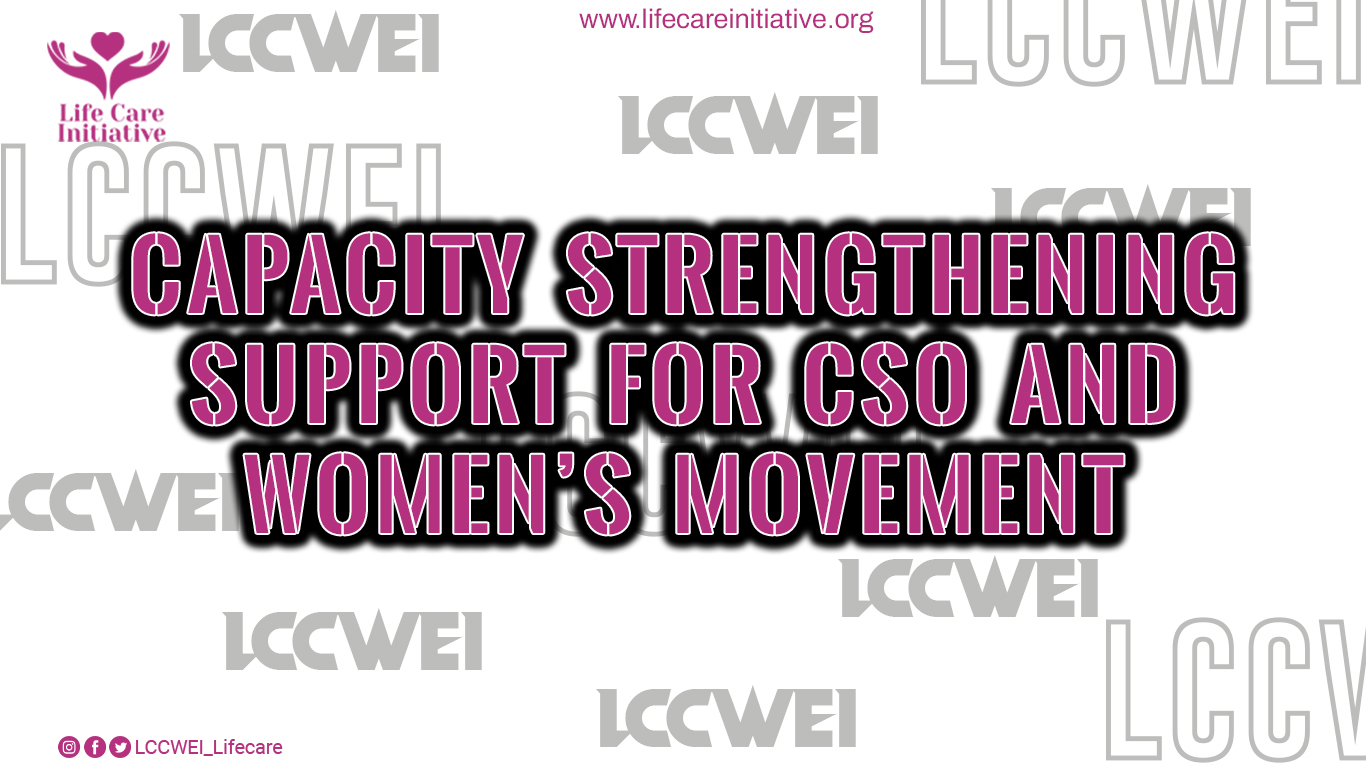The importance of literacy has been an agenda since 1967 marked by the International Literacy Day to generate a literate and sustainable society. Despite the progress in education globally, numerous children in West African countries are denied access to this basic need. This is despite the fact education and development are closely related. Education is essential in developing countries since literacy is a powerful tool against poverty. Illiteracy is said to cost the global economy $1.5 trillion annually. To have better survival chances, everybody must acquire quality education.

The need for literacy resulted in the formation of organizations such as the LifeCare Children & Women Empowerment Initiative (LCCWEI). The role of LCCWEI is to support the less fortunate in society to achieve a better life. LCCWEI conducts most of its supportive works in West African countries like Nigeria and Togo. LCCWEI, among other non-governmental programs (NGOs), aims to enhance literacy among less privileged children. To improve the literacy skills of children; LCCWEI uses strategies like the creation of a literacy-rich learning environment, support of quality classroom library, invitation of guest readers in schools, and encouraging the less privileged children to read widely. A literacy-rich classroom would have full prints on the walls, books, and other reading resources. Stocking these resources in class is not only to support children’s academic growth but also to develop their listening and speaking skills. Literacy development means students read effectively, understand concepts, score highly on tests, and meet educational expectations. Literacy skills will also allow students to seek information outside the classroom and better understand subjects.
Literacy comes at a great cost. In addition to empowering individual learners, every classroom has to have an inviting, print-rich setting supporting independent reading and learning. Providing learners with print and online learning material ensure they develop positive attitudes toward reading. Allowing students to develop their educational ideas supports literacy development. Teachers need to be supported to enhance learning. Invitation of guest readers and scholars is an effective way to promote reading in young learners. All these come at a great price. It calls for the collective support of society to embrace the transformation of literacy learning spaces.





